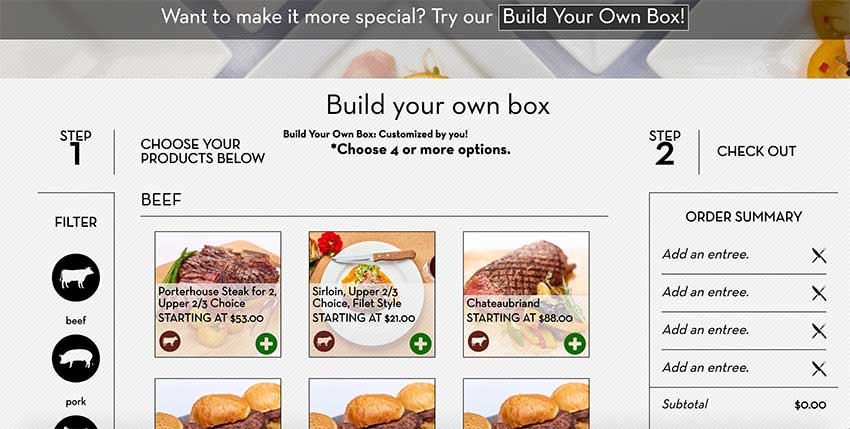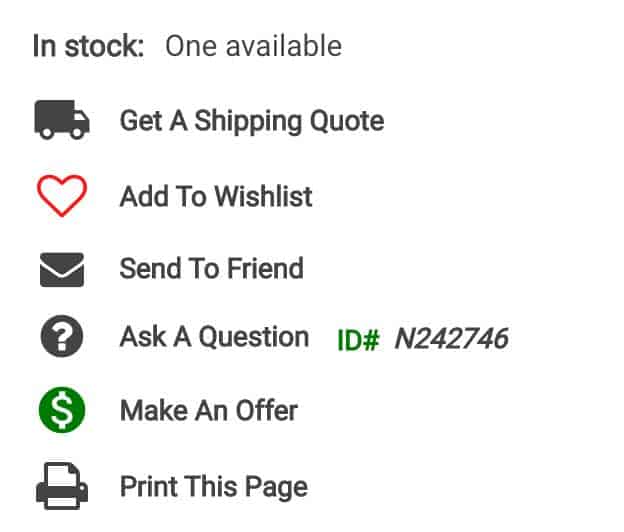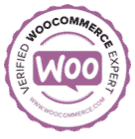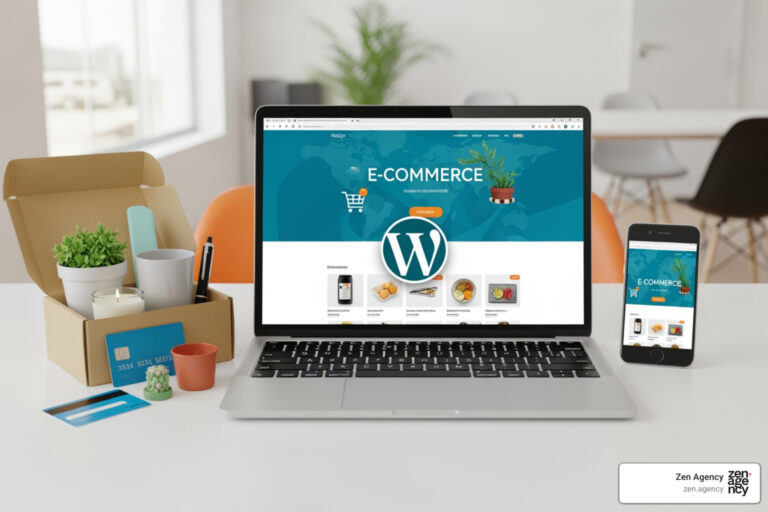How to Incorporate eCommerce Sales into Your B2B Operation
B2B companies will reach $12 trillion in total revenue by 2020; in 2012, the number was only $5.5 trillion. That’s a steep increase.
There are many factors that are causing this, but one of the main reasons is because of online opportunities. Online B2B marketing is definitely a big contributor to the hike in overall revenue.
If you run a B2B operation, it would be a silly mistake not to take advantage of online marketing. But there are still a great number of B2B businesses that are reluctant to jump into online marketing.
Today, we’re going to talk about how you can leverage eCommerce if you run a B2B operation.
Design a Great Customer Experience

The buying process for a B2B transaction is starkly different than B2C. In B2C sales, customers will need great product copy, good site design, positive reviews before they will feel comfortable making a purchase. B2B, on the other hand, is far more complex. Depending on your business, you may need to provide information on freight options, inventory status, and order history before they make a purchase. Your customer shouldn’t have to go out of his way to find this information, nor should he be forced to call a sales rep to complete an order.
80% of B2B companies that are integrating eCommerce believe that customer expectations have changed due to B2C customers. So, everything that you would do for a B2C transaction will have to be applied in B2B marketing for eCommerce, while also fulfilling the various requirements for B2B sales.
Again, this means that you’ll have to follow a hybrid model if you want to see any success.
A Dynamic Checkout Process

While some clients will pay-in-full with a credit card, some will want to make payments on the order. Payments can be made through a scheduled invoice.
Depending on your product, your shipping options will need to be complex. B2B products can be heavier than the average B2C product, which means that shipping costs will be higher. Along with a quote for the product, a shipping quote may be attached to the transaction.
The ideal B2B checkout process can be described in one word: flexible.
In B2C, businesses generally want to go as quickly as possible. You want the customer to “buy now”. In B2B, this often is not possible. In B2B, the sales process is often slow-burning, with customer-to-seller interactions (sales and support calls) extending the process. Your checkout process needs to be able to fit all of the unique needs of your customer base, or else you will be missing out on a lot of sales.
Customer Registration Is Near-Mandatory
In B2C marketing for e-commerce, guest checkouts (where the customer doesn’t have to register to complete the checkout) has its merits. In B2B, it’s almost always a better decision to make customers register on your site before a transaction is completed. B2B customers are definitely long term, and it will make more sense to give them their own account logins to view their order history and review transaction details, while also giving them the option to reorder quickly.
Informational Content Is Your Best Weapon
We’ve already addressed the fact that B2B sales are fairly complex. Because of this, you will need educational content to guide your customers through the buying process.
You will need:
- Clear videos that can explain complex concepts (about your product, your industry, etc.) in simplified terms. These videos can consist of how-to tutorials, webinars, and demos.
- Blog posts, whitepapers, and ebooks that go into deep detail about the effectiveness of your products.
- Important data or specs that your customers will need to know before they make a final decision.
Conclusion
B2B companies shouldn’t be reluctant to dive into e-commerce. Online sales allow businesses to extend their reach, multiply their revenue, and become a more solidified presence in their market.
Are you ready to discuss your next web project with the leader in website development and digital marketing? If so, contact Zen Agency today! We are a group of WordPress and WooCommerce experts.


















